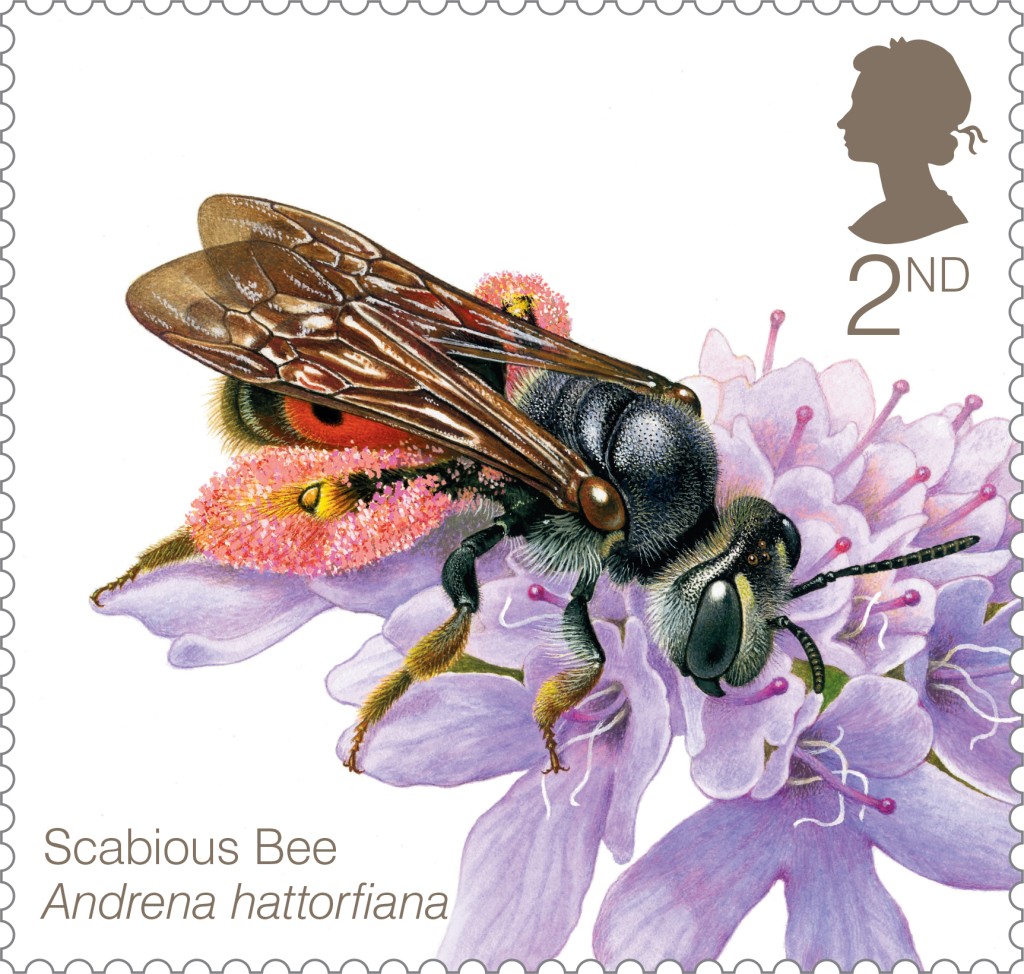New research published in the journal Proceedings of the Royal Society B has found that wild bumblebee queens are less able to develop their ovaries when exposed to a common neonicotinoid pesticide. The research was conducted by Dr Gemma Baron , Professor Mark Brown of Royal Holloway, University of London and Professor Nigel Raine, (now based at the University of Guelph). The study investigated the impact of exposure to field-realistic levels of a neonicotinoid insecticide (thiamethoxam) on the feeding behaviour and ovary development of four species of bumblebee queen. Lead author, Dr Baron said, "We consistently found that neonicotinoid exposure, at levels mimicking exposure that queens could experience in agricultural landscapes, resulted in reduced ovary development in queens of all four species we tested." She continued, "Impacts of neonicotinoid exposure on feeding behaviour were species-specific, with two out of four species eating less artificial nectar when exposed to the pesticide. These impacts are likely to reduce the success of bumblebee queens in the spring, with knock-on effects for bee populations later in the year" added Baron.
Read more at: https://phys.org/news/2017-05-neonicotinoid-pesticide-egg-wild-bumblebe…

- Login om te reageren
